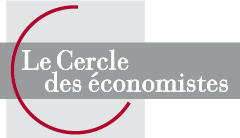Building fiscal justice to achieve social justice
Overview
Taxation is one of the tools available to governments to generate revenue and correct certain socio-economic inequalities by redistributing or reinvesting part of the amounts for the benefit of certain public services, social benefits or infrastructure. Everyone, public or legal entities, must participate and agree to the tax to the extent of their means. Thus, the participation in the tax of economic agents, in proportion to their means, makes it possible to ensure a certain distribution of income, directly or indirectly. Tax, whether in the form of a taxation, a research tax credit or aid, is a fundamental pillar of a State’s resources.
However, and particularly in times of economic crisis, consent to taxation, tax increases or reductions in research tax credits call into question the public management of this budgetary tool: some want to use tax as a lever for their economic policy, others consider that taxes are too high or untargeted… For all that, tax justice cannot boil down to tax fairness for economic agents. Poor tax administration can very well hamper entrepreneurship and profit maximization. Thus, in the face of criticism of unequal taxation and the risks of tax evasion, how to rehabilitate the consent to tax? Is it possible to determine an optimum criterion for tax participation? Should the State retain the monopoly of taxation? Is taxation a simple justification of national budgetary policy or a true redistributive system? Should States rethink their tax system to revive the post-health crisis economy?
Speakers





Coordinator

Moderator













